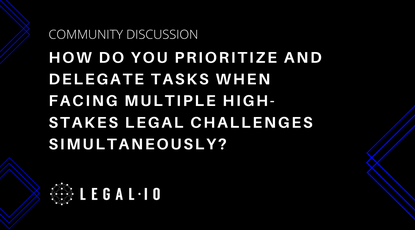Google, the tech giant known for its dominance in the online search and advertising market, is currently embroiled in a significant legal battle with the U.S. Justice Department. This case could potentially result in significant changes for Google and the broader internet landscape.
The U.S. Justice Department alleges that Google has used underhand tactics to maintain its position as the world’s leading search engine. The company, which owns a 90% market share in search, is accused of paying massive sums to companies like Apple to make it the default search engine on products like the iPhone. These multibillion-dollar deals, the Department of Justice (DOJ) alleges, gave Google an unfair advantage, making it nearly impossible for rival companies to compete.
The trial, which started on September 12, included testimonies from key figures like Alphabet and Google CEO Sundar Pichai. The outcome of this landmark case could bring significant changes to Google and the future of the Internet. However, it’s equally likely the trial will result in no changes and Google will be free to continue operating however it wants.
What’s Next?
The evidentiary phase of the legal fight over whether Google broke the law to maintain its dominance of search and some search advertising has wrapped up on Thursday. The U.S. government made its main arguments in front of Judge Amit Mehta of the U.S. District Court for the District of Columbia. Closing arguments are set for early May, with Judge Mehta saying he was still undecided on which way to rule.
Potential Implications
The implications of this case are far-reaching. If Google is found to have broken antitrust law, it could face significant penalties and be forced to change its business practices. This could potentially disrupt the online search and advertising market, leading to increased competition and innovation.
A potential solution could involve prohibiting Google from making multi-billion dollar payments - $26.3 billion in 2021 - to Apple, wireless companies, Android smartphone manufacturers, and others to set Google as the default search engine on their devices, according to Lee Hepner, Legal Counsel for the American Economic Liberties Project. However, Microsoft’s Bing and other search engines would be permitted to make payments to become the default, potentially leading to an increase in their user base.
The Justice Department might also request Judge Mehta to mandate Google to share data regarding user queries and the responses they select, as per experts. This is a requirement that Microsoft CEO Satya Nadella has stated is necessary for Bing and other search engines to compete effectively. They argue that Google’s default search agreements have hindered this from occurring.
Furthermore, Google might be compelled to divest its Chrome browser, which defaults to the Google search engine. As per the Justice Department’s amended complaint filed in 2021, Chrome commands nearly 60% of the computer browser market.
In either case, the outcome of this trial will have significant implications for Google, the tech industry, and the broader internet landscape. As such, it is being closely watched by industry observers, regulators, and consumers alike.










